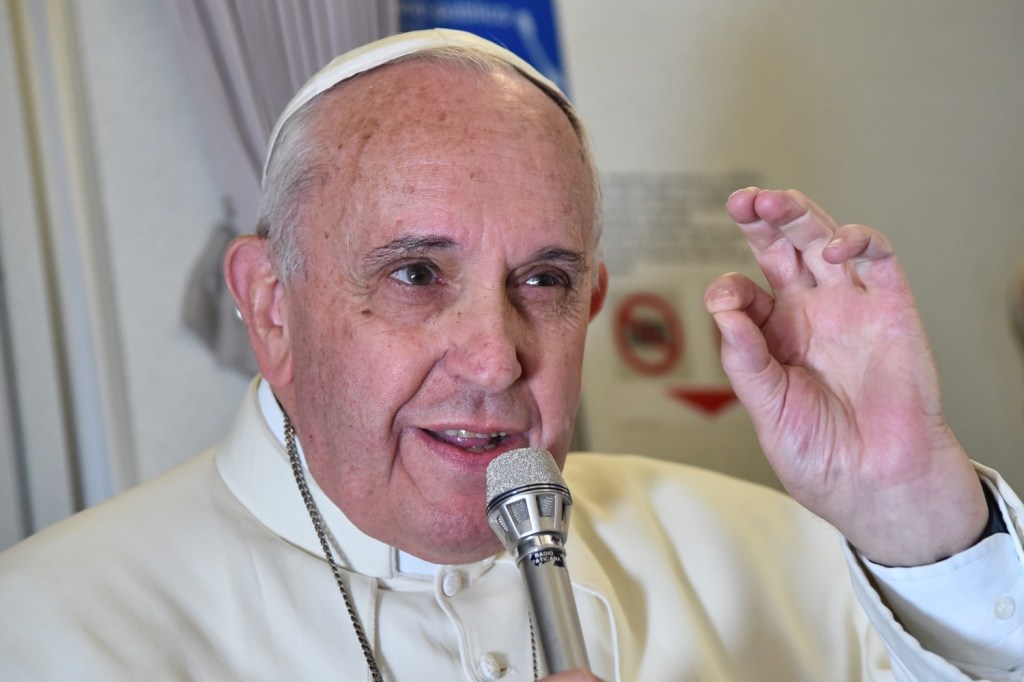I wonder: How many people saw the recent ABC News special on climate change, “Earth 2100”?
Correspondent Bob Woodruff reported that, as a prelude to later disasters, in just seven years “more floods, droughts and wildfires” will cover the nation.
Experts noted that “more intense hurricanes” will ravage the land and agricultural production will decline because “temperatures are rising.” Worried teenagers, who will be young adults in seven years, were shown saying they believed the price of milk would be “$12.99 a gallon,” while a gallon of gasoline will cost “over $9.”
Scary, huh? But perhaps not so much, when you know that the program was produced seven years ago this month (although not broadcast until June 2, 2009), and the scenarios above are for June 2015.
That is, today.
And today a gallon of milk averages $3.39 and gas is $2.83. Oh, and no hurricane stronger than Category 2 has struck the U.S. mainland since Wilma hit Florida in October 2005.
Fires? Yeah, we have them, as we always have. Droughts? California’s got a major one, but archaeological records show that centuries ago, similar droughts lasted there for decades.
So when you read stories telling you how bad things are going to get in the near future, think of what David Harsanyi, a senior editor at the Federalist website, wrote last year: “Have you noticed that we’re always at the cusp of a cataclysm, yet the deadline to act always moves to a politically convenient not-too-distant future?”
Also, consider that:
• The National Oceanographic and Atmospheric Administration made headlines last month with a paper published on the Science magazine website that concluded that “adjustments” it has made to a set of sea buoy observations did away with the idea that there has been an 18-year “hiatus” in observed warming.
The NOAA report contradicted satellite and balloon observations analyzed by two climate skepticism websites and the conservative news and opinion Daily Caller site, showing that no measurably significant overall increase in global average temperatures has occurred for nearly two decades, despite rising atmospheric CO2 levels.
The stories about the report, however, failed to give the responses of prominent skeptical scientists. So, to fill in that unfortunate gap, here’s what three of them wrote June 4 on the libertarian Cato Institute’s website:
Richard Lindzen, Patrick Michaels and Chip Knappenberger, all climate specialists, pointed out that “The authors’ treatment of buoy sea-surface temperature (SST) data was guaranteed to create a warming trend. The data were adjusted upward by 0.12° C to make them ‘homogeneous’ with the longer-running temperature records taken from engine intake channels in marine vessels.
“As has been acknowledged by numerous scientists, the engine intake data are clearly contaminated by heat conduction from the engine itself, and as such, were never intended for scientific use. On the other hand, environmental monitoring is the specific purpose of the buoys. Adjusting good data upward to match bad data seems questionable … .”
You think?
The scientists also noted that NOAA’s new findings, which claim a confidence rate of a relatively low 0.10, are “outliers” compared to nearly all other global temperature measurements – and NOAA never addresses those discrepancies.
• The big news of the week, however, is the release of an encyclical from Pope Francis taking a strong stand in support of the “pending disaster” side of the argument. We should welcome it, with the caveat that when the papacy speaks on matters of science, it should be judged by the same standards that apply to any other scientific claim.
But as an aside, I hope that all the people jumping on the Vatican bandwagon on this issue would give the same credence to, oh, the Catholic Church’s scientific claims about creation and evolution.
When a former pope, St. John Paul II, acknowledged the worth of “theories of evolution,” he excluded those that held that God did not exist or did not create human beings in his image.
The Catholic catechism says, “God himself created the visible world in all its richness, diversity and order,” and to be a faithful Catholic, a person must believe that God created everything out of nothing; the universe is orderly and not a product of chance; and everything depends on God for existence.
So, when the fuss over this (non-infallible) encyclical dies down, perhaps those citing it favorably could explain why they reject claims about science-related topics that are taught with much greater authority.
M.D. Harmon, a retired journalist and military officer, is a freelance writer and speaker. He can be contacted at:
mdharmoncol@yahoo.com
Send questions/comments to the editors.


